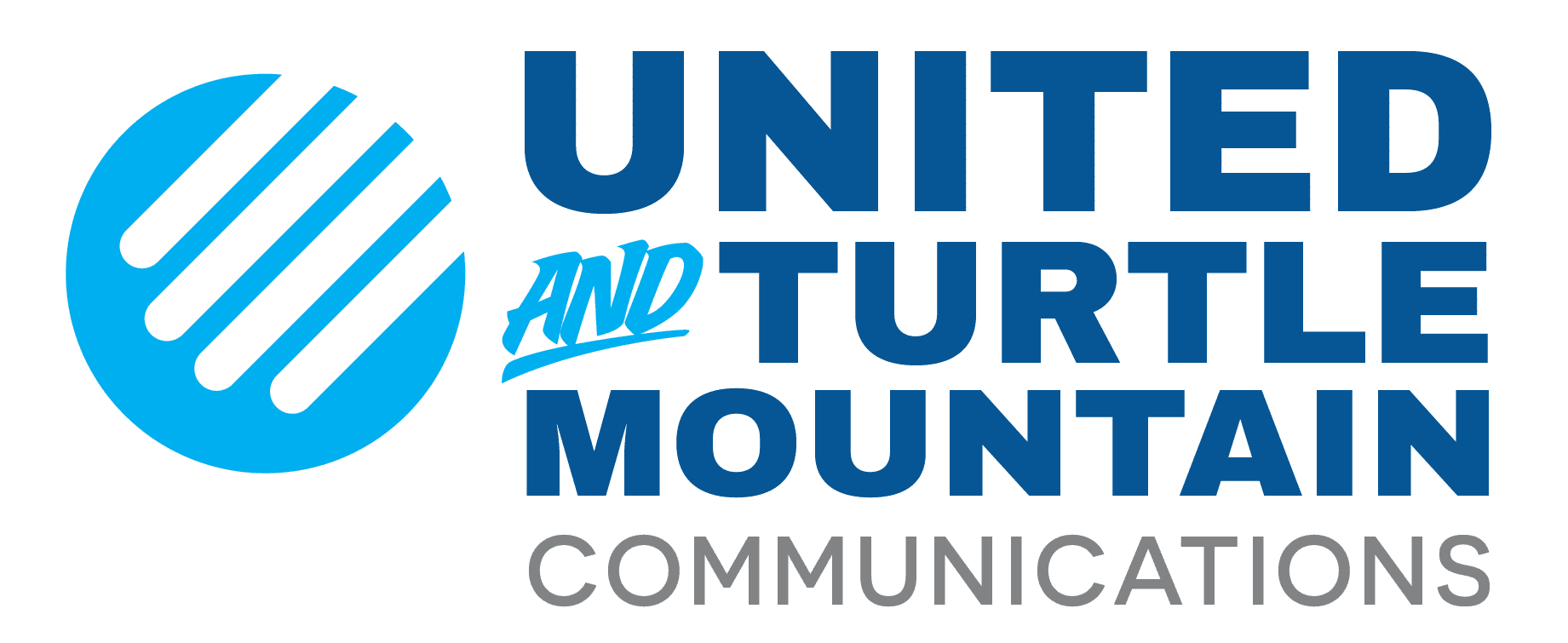Holidays are a time to spread joy and cheer to all those you hold dear. For many of us, this of course includes buying gifts and goodies, from presents for family, friends, and co-workers to holiday decorations and treats.
These festive purchases account for a large portion of our retail shopping throughout the winter holidays. In fact, according to the National Retail Federation, about 19% of all annual retail sales on average occur in November and December, totaling over $729 billion in 2019 (up 4% from the previous year).
Online shopping specifically accounted for over 20% of last year’s total. This percentage is expected to increase this year during the COVID-19 pandemic, as more shoppers trade their usual trips to crowded stores for ordering online.
While ecommerce and non-store shopping options provide exceptional benefits to consumers everywhere, especially as more of us avoid crowded indoor stores, it does unfortunately also mean more opportunities for scammers to steal money and personal information.

Never Give Out Personal Information
Don’t ever give out your personal information – credit card info, address, phone number, Social Security number, etc. – to any online solicitations. These online scammers are smart; they make emails, phone calls, and other digital messages look and sound very real and legitimate – remember not to fall for it, always question where this information is coming from, and keep your info secure.
Related: Online Safety Problems & Solutions to Keep You Safe
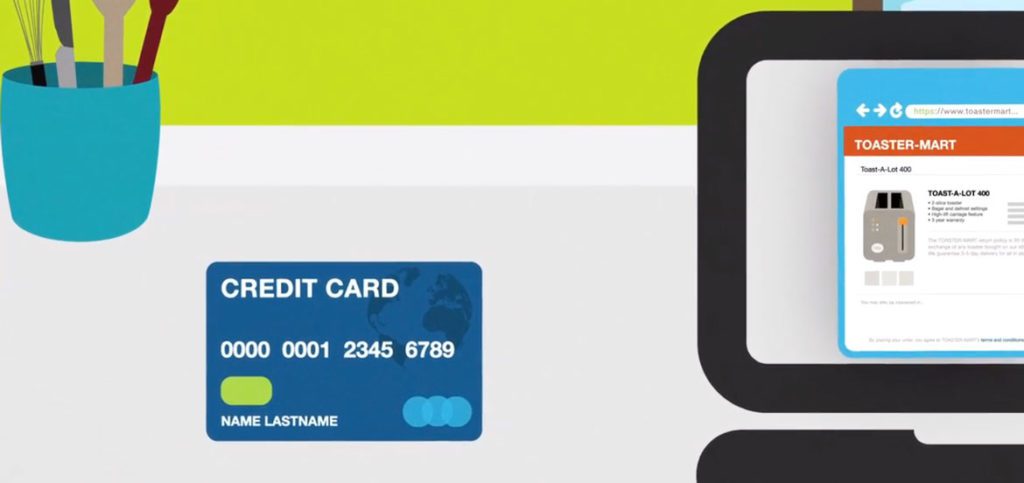
Use a Credit Card
If you can, choose to use a credit card rather than a debit card when making your online purchases. Paying with a credit card gives you the ability to dispute charges in the event of a problem. If someone uses your card information without your permission, the law allows you to withhold payment while the purchase is investigated.
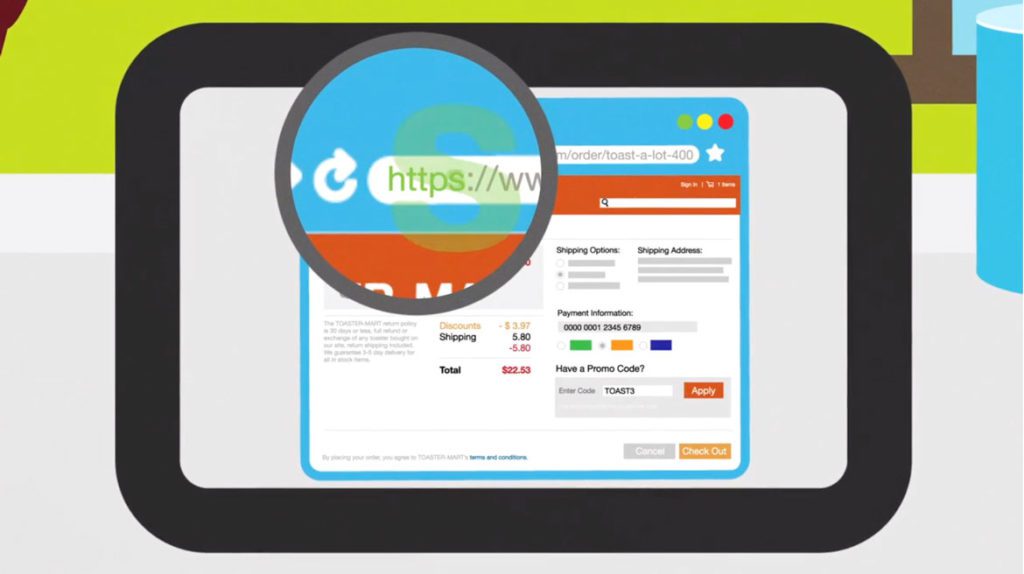
Check for the ‘S’
Before you enter any credit card or financial information on a website to make a purchase, make sure to check the URL address to ensure it has an ‘s’: https. This stands for ‘secure’ and ensures that your information is encrypted before it’s transmitted, which keeps your credit card number safe.
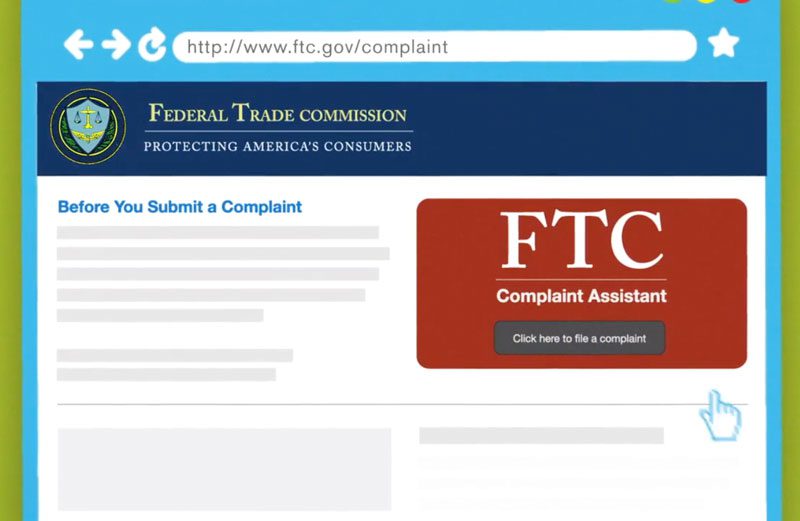
Stay Up to Date on Recent Scams
Watch for these popular scams this year, including credit card skimming, fake websites and apps, and online gift exchanges with strangers.
The FTC offers a plethora of information on how to avoid scams; check their official site for the most recent scams, and also an option to sign up to receive email updates on scams to avoid. You can also file a claim to report a scam if you’ve received something that looks suspicious, which can help to potentially stop the scam from reaching others.
Related: How to Protect Yourself Online During a Pandemic
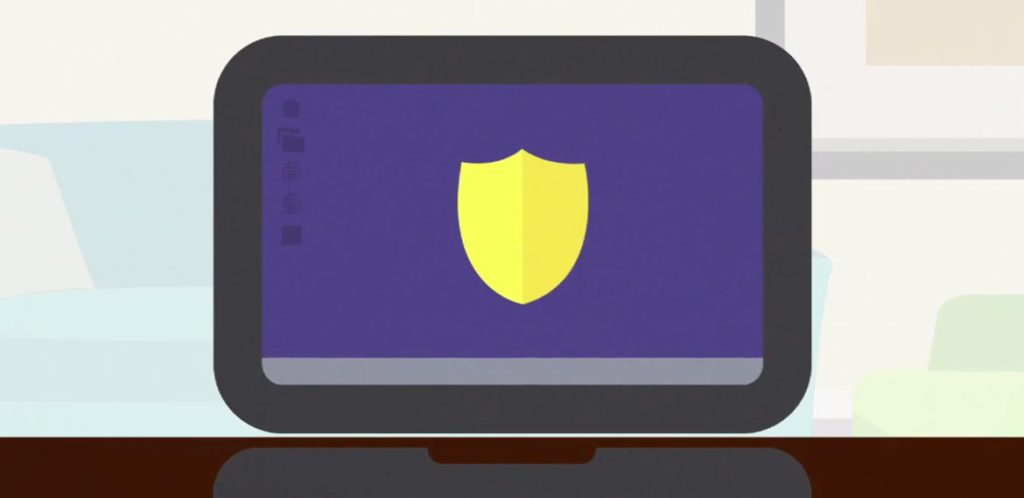
Use Computer Protection Tools
In the event a virus or malicious software is unknowingly installed on your computer, your passwords are vulnerable to thieves, or your computer is stolen – have some preventative protection in place to block unwanted threats. Our suite of protection tools helps you cover all your bases:
- SecureIT – anti-virus, -spyware, -phishing software
- FileHopper Plus – Secure file sharing and online backup
- PasswordGenie – Digital data and password manager
Above all, use good judgement and play strong defense when doing anything online. If a deal seems too good to be true, it often times turns out that way. Do your due diligence by taking that extra step to research a source, make a phone call, or check the email address, to do what you can to keep you and your financial info safe from scammers.
